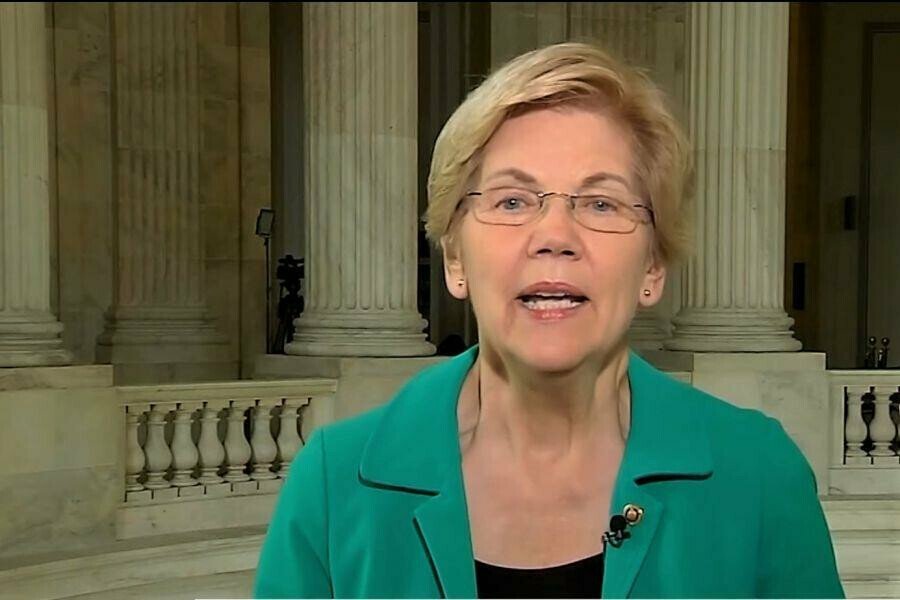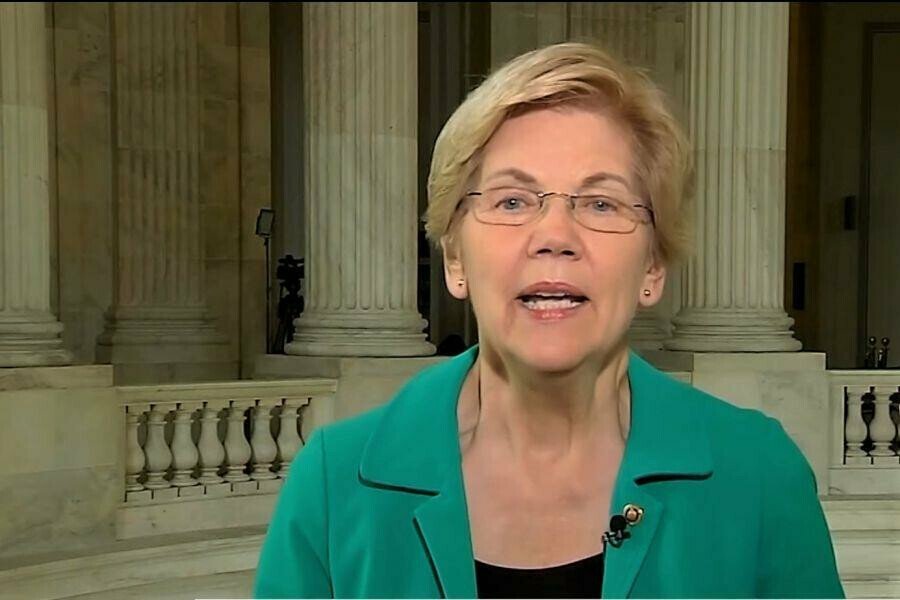Bank Policy Institute Supports Elizabeth Warren’s Push for Stricter Crypto Rules

The Bank Policy Institute (BPI), an organization that advocates for the banking industry in the US, has publicly backed Senator Elizabeth Warren‘s efforts to tighten regulations for cryptocurrencies.
Warren, along with three other senators, has recently reintroduced the Digital Asset Anti-Money Laundering Act, which aims to enforce tougher rules in combating money laundering and terrorism financing within the crypto industry.
Now, the BPI, which is often criticized by Warren, has voiced support for the bipartisan legislation, according to a Friday report from Bloomberg.
“The existing anti-money laundering and Bank Secrecy Act framework must account for digital assets, and we look forward to engaging in this process to defend our nation’s financial system against illicit finance in all its forms,” BPI said in a statement.
The proposed seven-page bill, if passed, would require digital-asset wallet providers, miners, and other blockchain validators to maintain records of customer identities.
Additionally, financial institutions would be prohibited from utilizing digital asset mixers designed to obfuscate blockchain data, such as Tornado Cash.
Warren, along with Democrat Joe Manchin from West Virginia, and Republicans Roger Marshall from Kansas and Lindsey Graham from South Carolina, announced the reintroduction of the bill on Friday.
In addition to customer identity tracking, the legislation would also prompt the Treasury Department, Securities and Exchange Commission, and Commodity Futures Trading Commission to establish new examination processes to ensure compliance with AML and terrorism financing requirements.
The Massachusetts Bankers Association, AARP, the National Consumer Law Center, and the National Consumers League are also among the bill’s supporters.
Crypto Veterans Hit Out at New Legislation
Meanwhile, not everyone in the crypto community agrees with Warren’s proposed bill.
Tyler Winklevoss, co-founder of the Gemini crypto exchange, criticized the legislation in a tweet on July 28, suggesting that those opposing Warren’s bill are “doing the right thing.”
Warren initially introduced the bill to the US Senate in December 2022, arguing that the current AML laws do not adequately cover the crypto industry.
During a Senate Banking Committee hearing titled “Crypto Crash: Why the FTX Bubble Burst and the Harm to Consumers” on February 14, Warren called for crypto to be subjected to the same regulations as traditional banking institutions.
She argued against exemptions for decentralized entities running on code, claiming that such loopholes would enable money laundering for individuals involved in illegal activities.
Aside from Warren, Gary Gensler, Chairman of the US Securities and Exchange Commission (SEC), is also a vocal critic of the crypto market.
In a recent interview, Gensler voiced concern regarding the prevalence of fraud in the crypto market, claiming that there are “far too many” bad actors.
He said that crypto investors should not assume that they are getting the protections of the securities laws even as these laws apply to many of the cryptocurrencies.
“US investors are not getting full, fair, and truthful disclosures. And the platforms, the intermediaries are doing things that we would never allow or think the New York Stock or Nasdaq would do.”



